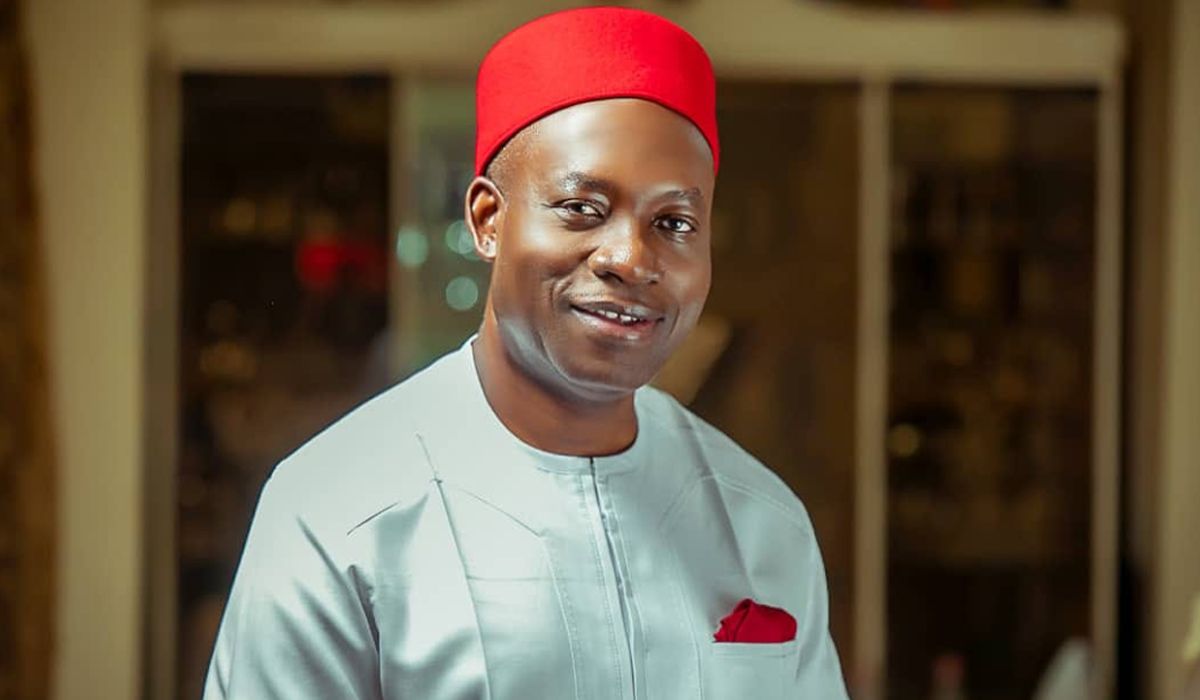Soludo Weighs in on Part-Time Legislature and Executive Immunity Debate

Anambra State Governor Chukwuma Soludo has shared his perspectives on two contentious governance issues during a panel session at The Platform Africa’s June 12 edition, addressing whether politicians should serve part-time and the question of immunity for governors.
Speaking on the proposal for part-time legislators, Governor Soludo argued that such arrangements would undermine the effectiveness of legislative bodies. “The issue of part-time legislature is simply an admission of the seriousness of the legislature,” Soludo stated during the discussion.
The governor emphasized the workload facing functional legislatures, drawing from his state’s experience. “In my state, they meet literally Monday through Friday, because we have dozens of executive bills. They are very busy working on their own,” he explained, contrasting this with the national legislature that “sits three days or something.”
Soludo warned that reducing legislative work to part-time status would compromise quality. “If you leave that as a part-time, then the job of the legislator will never get done, in my view,” he declared.
The governor acknowledged the financial challenges facing politicians who depend solely on government salaries, sharing insights from his experience with a former president of Nigeria. “Every time he used to say, each one of you must have a second address. Everybody in government must have a second address,” Soludo recalled.
He noted the practical implications when remuneration is insufficient: “When somebody has come into this position with nothing else, absolutely nothing else, and the remuneration is quite a bit less, then he begins to raise the question as to whether we would otherwise get back in that time so that he can devote more time to other sources of livelihood.”
Drawing from personal experience, Soludo revealed his own salary considerations: “When they came to me for my house number and I said, what is the salary? And they showed it to me and said, no, it won’t be enough.”
His advice to aspiring politicians was clear: “What I say to politicians who are not in employment, I say, better have something else that was ongoing before you. But if you are looking for this as a source of livelihood, it’s going to be very, very tough.”
On the contentious issue of immunity for governors, Soludo expressed ambivalent views, personally favouring its removal while acknowledging practical concerns.
“Personally, for me, I would say, please, remove it like yesterday. Because we have nothing to fear,” the governor stated, emphasizing his administration’s commitment to good governance.
However, he highlighted the potential legal challenges that could arise without immunity protection. “People can get you, walk down, put on footwear, shoes, footwear, anything. You say something to somebody, they sue you,” Soludo explained, painting a picture of potential legal harassment.
The governor illustrated how this could impact governance: “Before long, you have somebody’s, you enforce right of way. And you get things, they sue you. And you start going to answer, hire lawyers to answer such cases, 500 cases, 1,000 cases. In your personal capacity, as an individual.”
Despite his concerns about the practical implications of removing immunity, Soludo maintained that criminal accountability should remain. “If anybody commits a crime, prosecute the person. In my view. But for the person, while you are on the job, please get the job done,” he concluded.
The governor’s comments contribute to ongoing national debates about governance reforms, institutional effectiveness, and the balance between protecting public officials and ensuring accountability in Nigeria’s democratic system.
The Platform Africa event provided a forum for discussing these critical governance issues as Nigeria continues to grapple with questions of institutional reform and democratic effectiveness.




